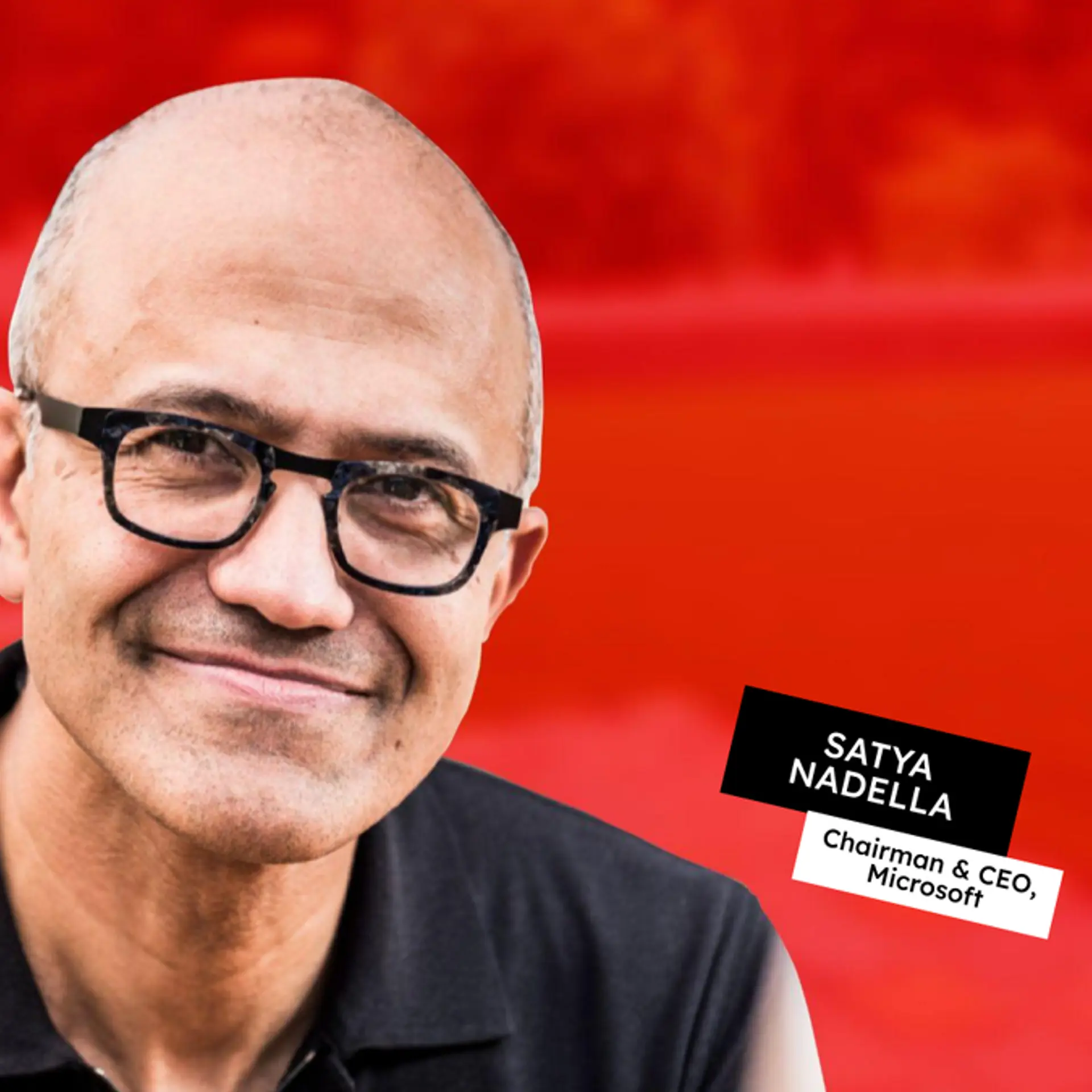Building a scalable, healthcare business
Founded in 2013, Bengaluru-based healthtech startup Portea Medical employs over 4,000 people, and handles more than 1.5 lakh home visits every month in 40+ Indian cities.
Hello Reader,
YouTube is allegedly planning to launch a channel store. According to the Wall Street Journal, the company has renewed talks with entertainment companies about participating in the platform, which could be available later this year.
This move will have Alphabet (YouTube’s parent company) join the likes of Big Techs such as Amazon and Apple in trying to be a one-stop shop for entertainment. But the company has a slight advantage over the others as YouTube not only sees more than two billion users every month, but most of its audience already have the app downloaded on at least one device, and most may also have a payment option added to their accounts.
In India, the Competition Commission has approved the merger of HDFC Bank and its parent HDFC Ltd. After the completion, HDFC Ltd will own a 41% stake in HDFC Bank.
Meena Ganesh on building Portea
Founded in 2013, Bengaluru-based healthtech startup employs over 4,000 people, and handles more than 1.5 lakh home visits every month in 40+ Indian cities. Amidst the COVID-19 pandemic, it helped about 5 lakh patients in Delhi, Mumbai, Faridabad, Gurugram, Chennai, Bengaluru, and all of Karnataka.
In this week’s 100X Entrepreneur Podcast, Meena Ganesh, Chairperson and Co-founder, Portea Medical, decodes her entrepreneurial journey.
Focus on home care:
- While people had access to excellent hospital facilities for treatment, they faced a real challenge finding home healthcare providers for managing daily post-operative care.
- The startup understood the needs of hospitals and doctors, working in cooperation with them rather than becoming a competition.

Putting the spotlight on mental health
While COVID-19 was a major contributor to mental health problems, it also brought change, blowing the lid off mental health issues and creating awareness.
However, a lot more needs to be done, and no one knows this better than author and columnist Aparna Piramal Raje, who released her book, Chemical Khichdi: How I Hacked my Mental Health, in May.
An overview:
- Aparna has split her book into three sections: a memoir, a section on seven therapies that acted as her guide to get better, and an eye on the future.
- High costs often put therapy beyond the reach of many, but options like helplines and non-profits now offer therapy.
- Aparna says it has been more than four years since she had a manic episode, adding that she used the seven therapies mentioned in her book to “keep stable”.

Temasek invests in neobanking platform Fi
Bengaluru-based neobanking platform Fi (whose parent company is epiFi Technologies) raised $15 million from Singapore's state-owned investment firm Temasek Holdings (via V-Sciences Investments Pte Ltd).
As part of its ongoing Series C round, it also raised $2 million from existing investor QCM Holdings. Earlier, in June, it had raised $45 million from existing investor Alpha Wave Global (formerly Falcon Edge Capital).
Temasek’s fintech bet:
- This takes Fi's total fundraise to $137.2 million.
- Temasek has invested in another neobanking platform Open, which turned unicorn last year following a $100 million Series C round led by the Singapore firm.
- It is also a backer of unicorn fintech FPL Technologies, the parent company of credit card platform OneCard.
- The fundraise comes at a time when digital lending apps and third-party tech providers are grappling with RBI's recent rules on digital lending.

Now get the Daily Capsule in your inbox. Subscribe to our newsletter today!







